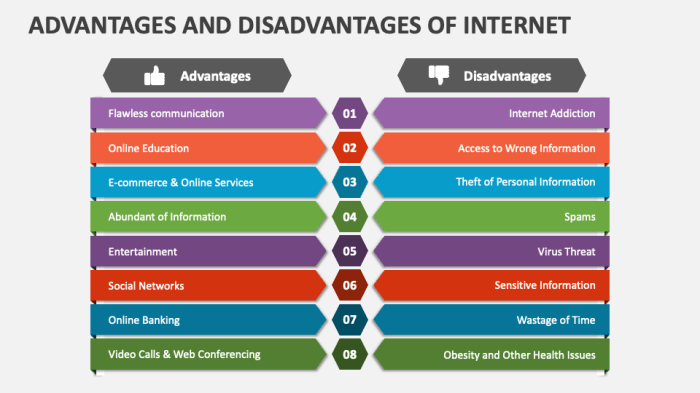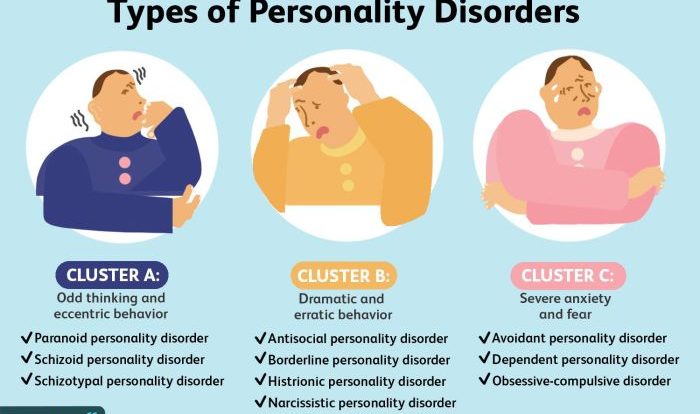Advantages and disadvantages of lay counseling – Lay counseling, a distinct form of counseling provided by individuals without formal professional training, presents both advantages and disadvantages that warrant exploration. This overview delves into the accessibility, limitations, and ethical considerations surrounding lay counseling, offering a comprehensive understanding of its role in mental health support.
Lay counselors, often drawing on personal experiences and shared perspectives, provide accessible and affordable mental health services, potentially reducing stigma associated with mental health issues. However, their lack of formal training and expertise compared to licensed professionals raises concerns about the quality and effectiveness of their services.
Definition and Scope of Lay Counseling

Lay counseling, also known as peer counseling or non-professional counseling, refers to the provision of support and guidance by individuals who have personal experience with mental health issues or related life challenges. Lay counselors are not licensed mental health professionals but are often trained in basic counseling skills and principles.
Lay counseling is practiced in various settings, including community centers, faith-based organizations, support groups, and schools. It complements professional counseling by providing accessible and affordable support to individuals who may face barriers to accessing traditional mental health services.
Advantages of Lay Counseling

Lay counseling offers several advantages:
- Accessibility and Affordability:Lay counselors are often more accessible and affordable than licensed professionals, making support more readily available to individuals in need.
- Personal Experiences and Shared Perspectives:Lay counselors can provide support and guidance based on their own experiences, offering a shared perspective and sense of understanding that can be particularly valuable for individuals struggling with similar issues.
- Reduced Stigma:Lay counselors can help reduce the stigma associated with mental health issues by normalizing the experiences of those seeking support.
Disadvantages of Lay Counseling
While lay counseling offers advantages, it also has limitations:
- Limited Training and Expertise:Lay counselors typically receive less formal training and have limited clinical experience compared to licensed professionals, which may limit their ability to address complex mental health issues.
- Ethical Concerns:Lay counselors may face ethical concerns, such as boundary issues or lack of confidentiality, due to their lack of professional training and oversight.
- Need for Supervision:Lay counselors require adequate supervision and support from licensed professionals to ensure the quality and effectiveness of their services.
Training and Supervision for Lay Counselors
To address the limitations of lay counseling, training and supervision are essential:
- Training Programs:Various training programs are available for lay counselors, ranging from basic skills training to more comprehensive programs.
- Supervision:Supervision from licensed professionals provides ongoing support, guidance, and accountability, ensuring the quality and ethical practice of lay counseling.
- Ethical Guidelines:Lay counselors should adhere to ethical guidelines and standards established by professional organizations to ensure responsible and ethical practice.
Collaboration and Referral

Lay counselors play a complementary role to licensed professionals:
- Collaboration:Lay counselors can collaborate with licensed professionals to provide a continuum of care for individuals seeking support.
- Referral:Lay counselors have an ethical responsibility to refer clients to appropriate mental health services when necessary, ensuring that individuals receive the most appropriate level of care.
- Successful Collaboration Models:Successful collaboration models exist between lay counselors and other professionals, demonstrating the effectiveness of this approach.
Question Bank: Advantages And Disadvantages Of Lay Counseling
What are the benefits of lay counseling?
Lay counseling offers accessibility, affordability, and support based on personal experiences and shared perspectives.
What are the limitations of lay counseling?
Lay counselors may lack formal training and expertise compared to licensed professionals, raising concerns about the quality and effectiveness of their services.
How can the disadvantages of lay counseling be addressed?
Ensuring adequate training, supervision, and ethical guidelines can mitigate the disadvantages of lay counseling and enhance the quality of services provided.
